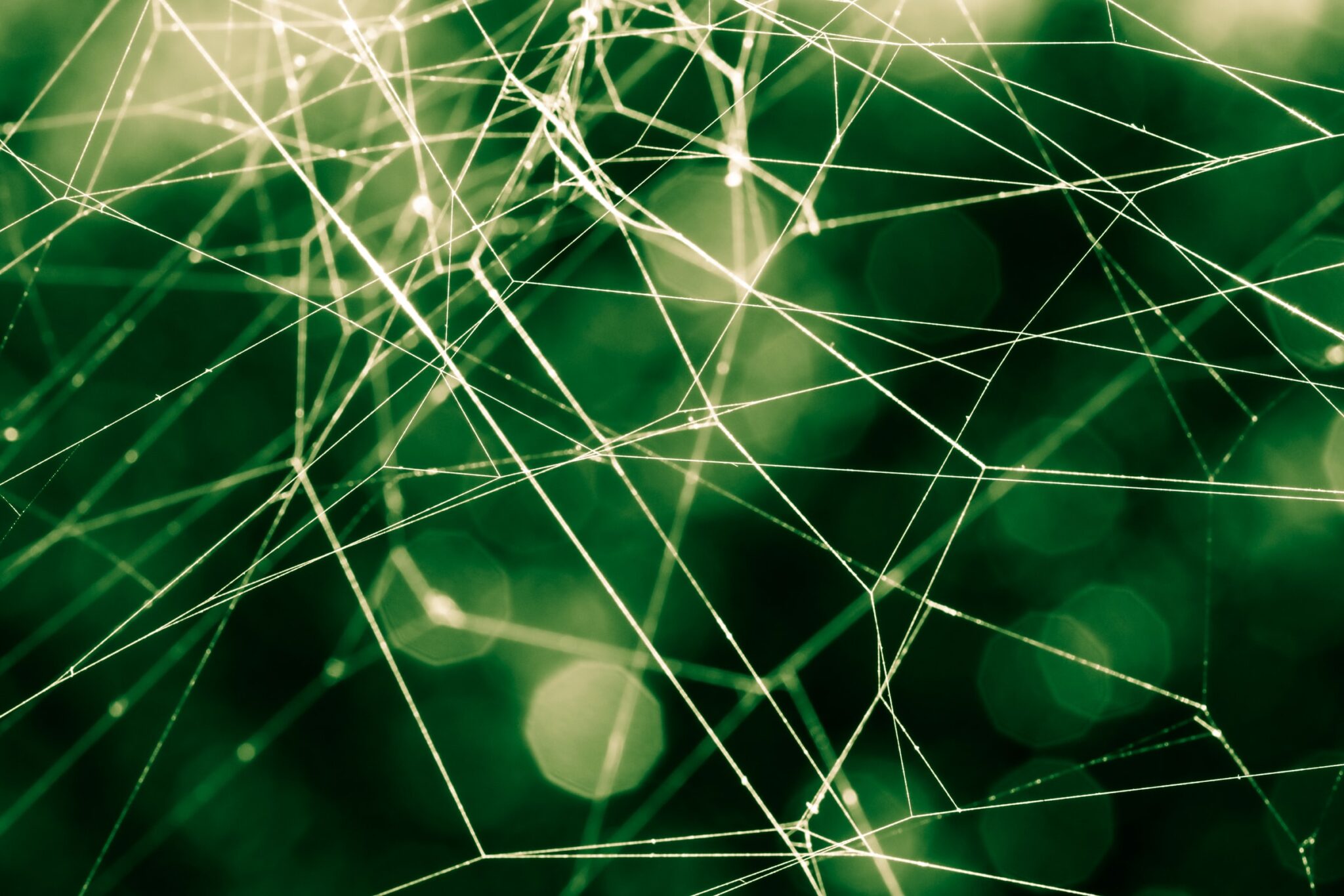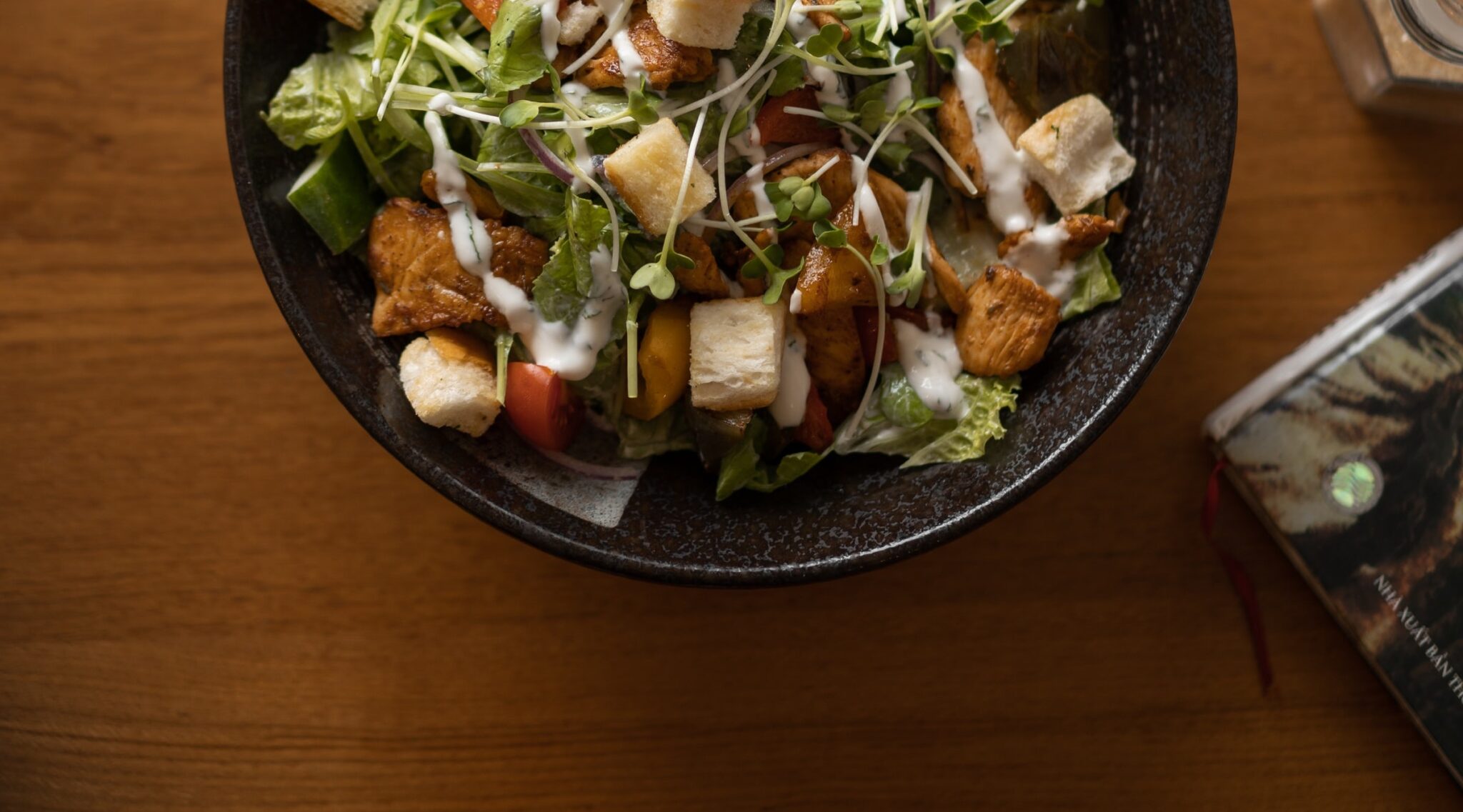
Resilience in Relationship
September 1, 2021
Casual Connections
September 15, 2021This post is part of a series exploring how our various relationships affect our resilience. Check out the introductory post: Resilience in Relationship.
Who you are today is different than who you were yesterday or years ago. What is your connection to your past self? How does that impact your resilience? Being able to move on, to bounce back or trudge forward is much harder to do if you are weighed down with regret, anger or self-doubt.
Your past self made decisions, started and ended relationships, chose paths that you are now on. Some wonderful, some terrible. Some really seemed like a good idea at the time. Other seemingly minor choices brought you to a place you never imagined. While your past brought you to where you are now, you are not your past self. Past selves are like siblings or cousins – they have a lot in common with you, but are not the same person.
How do we help our resilience today through our relationship with our past selves?
Learn From Your Past Selves

Be Fair to Your Past Selves

Focus on Responsibility, not Guilt

Be Curious

Be Compassionate.

In trauma informed care we are encouraged to think “I wonder what happened to you?” rather than “What is wrong with you?” Applying this to your past selves can be an interesting process. By exercising compassion and curiosity toward past versions of yourself, you may find you learn from the process instead of getting stuck in regret or guilt. Recognizing the strength and ingenuity of your past self empowers you to navigate current challenges with greater skill.
Stay connected!
Share this post with a friend, say hi on the Facebook page or send an email to resilience@LearnModelTeach.com
Peace,
Laura A. Gaines





